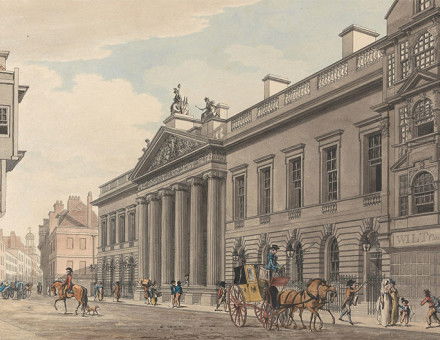Cardinal Pole in Italy
H. Ross Williamson profiles the life and career of Cardinal Reginald Pole: cousin to Henry VIII; once Papal candidate; ‘a humanist of European reputation’; Pole spent much of his life abroad, in an artistic and philosophical circle that included Michelangelo.



